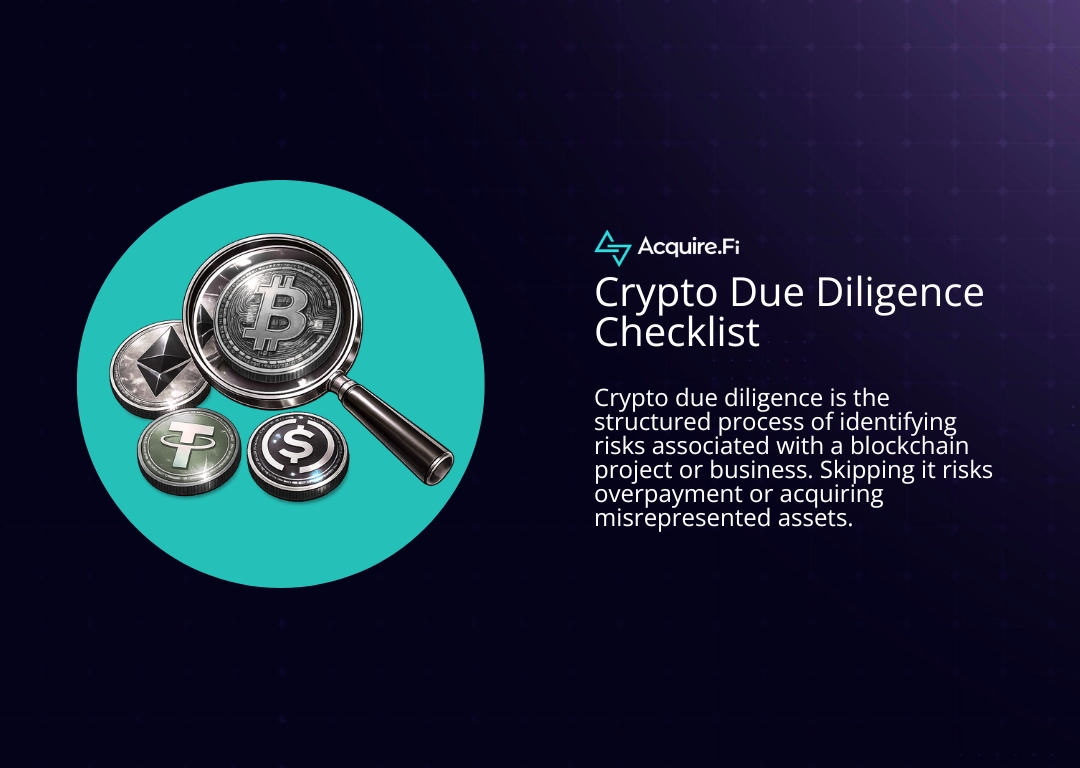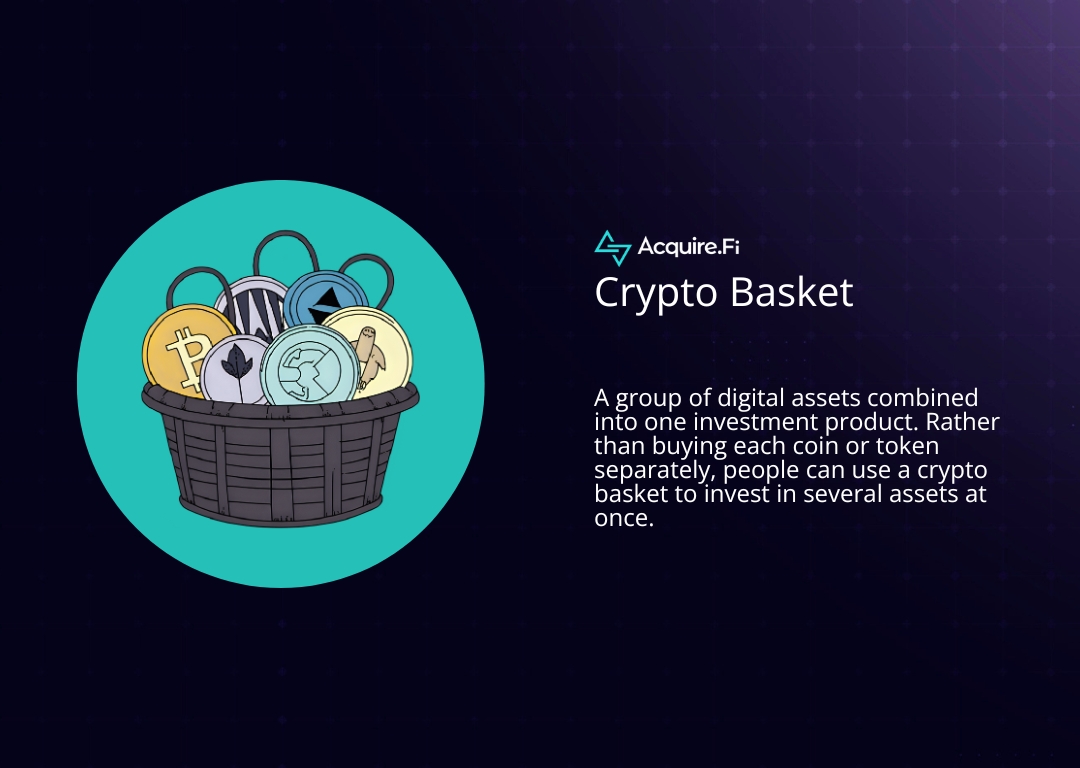Beginners Guide to Becoming an Investor
Many people dream of becoming investors, but few know the first steps to take in order to turn their dreams into reality. In this article, we'll cover the steps you need to take in order to become an investor. Before we begin, you should consider this article as your first step on your investor journey. And before you make any decision, you should seek the advice of a professional. This is especially true if you want to get involved with Web3 investments. You need specialist support!
Start small, build slowly
Let’s begin with 5 concrete tips to prevent you from becoming a bad investor.
- Start small, build slowly.
- Don't invest more than you can afford to lose.
- Don't invest money that you need in the short term. For example, if you're planning on buying a house in two years and want to put down 20% as a down payment, don't sink all of that into investments--save some cash for your down payment!
- Investing too much too fast can lead to mistakes such as buying high-risk stocks because they seem like they're going up quickly and then selling when they fall back down again (known as "panic selling"). If this happens enough times over time with different companies or industries, it could mean losing money overall even though some investments did well during their lifespan.
- Get expert guidance. Professional advisors are available to assist you, and their advice can save you significant amounts of money, particularly when it comes to investing in Web3 and other newly emerging markets.
Understand your risk profile
Your risk tolerance is the amount of risk you are willing to take on when investing. Risk tolerance is personal and depends on many factors, including your age, financial situation and investment goals.
It's important to know your own risk tolerance before you invest so that you can make informed decisions about where to put your money. And ALWAYS get advice before you make any big decisions—seek professional assistance.
Get over the fear of losing money
Investing is about taking risks and making decisions based on your best judgment. If you're afraid of losing money, then it's likely that you won't make good investments.
You should only invest in things that make sense to you--you need to be able to understand where your money is going and why. Stay away from high-risk investments li
Investing is not a gambling or a get-rich-quick scheme
One of the biggest misconceptions about investing is that it's a get-rich-quick scheme. This couldn't be further from the truth. While there are no guarantees, if you're willing to work hard and take risks over time, you can build wealth through investing.
Investing is not a gambling or a get-rich-quick scheme; it's a long-term game where patience and discipline will pay off with big returns down the road
Consider the amount of time you're able to invest into investing
The next step is to consider your risk tolerance, and the amount of time you're able to invest in a particular investment strategy.
The most important thing to think about is how much money you can afford to lose on an investment. If you only have $5,000 saved up for retirement, then investing it all into high-risk stocks probably isn't a good idea--you'd be better off putting some of that money into safer investments like bonds or mutual funds until your portfolio has grown enough for more aggressive strategies (like buying stocks) without risking too much at once.
Similarly, if something bad happens in the economy or in another country's economy (like Greece), it could affect businesses across industries--not just those directly tied into Greece's economy--and cause prices on everything from cars to groceries go down while unemployment rises up sharply. In this case investing in real estate could still make sense because houses are still needed even though fewer people might buy them; however don't forget that some people may be losing jobs due their companies closing down because there aren't enough buyers anymore!
Investing is a long-term game that takes patience and work
Investing is a long-term game that takes patience and work. It's easy to get excited about the potential of an investment and jump in, but you have to be willing to stick with it even when things don't go well.
Investing isn't something you can do haphazardly or quickly--it requires research, learning from your mistakes, and being patient as you learn how to properly invest in the market.
Diversify
The best way to protect yourself against risk is by diversifying your investments across different asset classes and sectors. With so many options available out there, consider adding cryptocurrency as part of your investment strategy because it can be a good way to diversify your portfolio and mitigate volatility in other assets like stocks or bonds.
If you're not familiar with cryptocurrency yet, don't worry--you can seek help from companies that specialize in that area, such as Acquire.FI.
Conclusion
Investing is a marathon, not a sprint. It may appear daunting initially, but with time and effort, it will become an intuitive process. To maximize your investment portfolio, consider diversifying it with a mix of cryptocurrencies and traditional assets such as stocks or bonds. To further deepen your understanding of investing, you may head out to our blog section or read books authored by experienced investment experts and seek out help from professionals.












.webp)